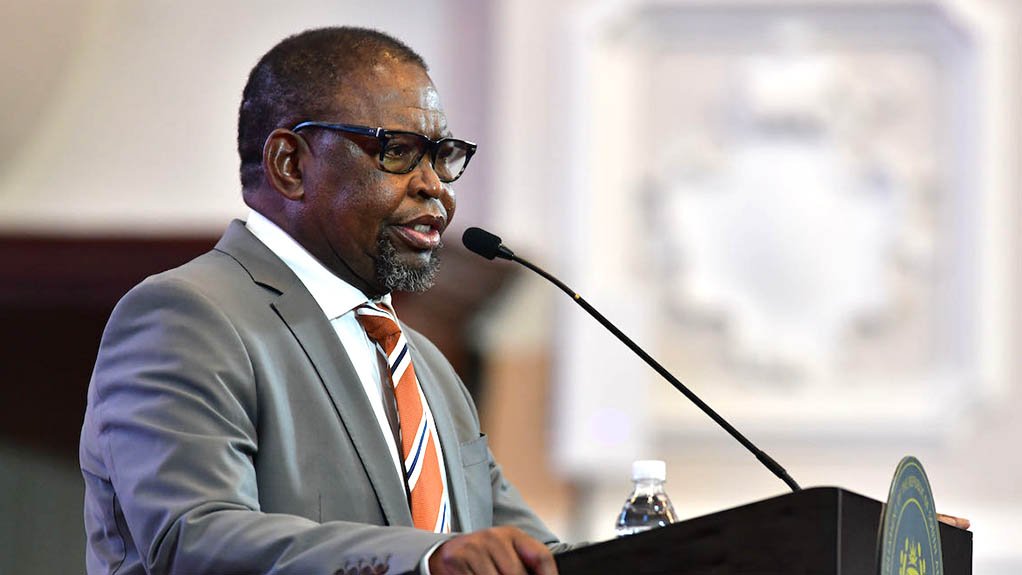South African Finance Minister Enoch Godongwana is in a bind as he reworks the nation’s budget in the face of lower-than-expected tax revenue and pressure from the ruling party to bolster government services ahead of next year’s crunch elections.
While a commodity boom previously gave Godongwana some breathing space, recent metal price declines and rail constraints have curtailed the mining industry’s income and contribution to State coffers.
The government is likely to collect R52-billion less tax than projected in February, according to the median estimate of economists surveyed by Bloomberg. They also expect the consolidated budget shortfall to be 5.3% of gross domestic product in the current fiscal year, wider than the National Treasury’s projection of 4%.
To balance the books, Godongwana has signaled that he will trim spending and raise borrowing when he delivers his medium-term budget statement in Cape Town on November 1. Any plans to increase taxes will typically be announced in the main budget in February. All those options will encounter fierce opposition from different quarters.
“The first thing he must say is it’s impossible to continue borrowing money,” said Jannie Rossouw, an economics professor at the University of the Witwatersrand in Johannesburg. “Then he must give us a clear idea of where the reprioritisation would come from, where will he spend more and where will he spend less.”
President Cyril Ramaphosa and the ruling African National Congress have pushed back against austerity measures, an unsurprising response given that opinion polls show the party risks losing its national majority in the upcoming vote for the first time since it took power in 1994.
“The problem with debt is the capacity of the economy to service it,” Godongwana said in a speech over the weekend, in which he revealed that the Treasury will be forced to raise additional funding to limit expenditure cuts. “In this environment, in this trajectory, our ability to service that debt is becoming constrained and therefore we have got to do something about it.”
Natig Mustafayev, emerging markets portfolio manager at Barings, considers it unlikely that there will be any good news in the budget, with the elections adding to spending pressures.
One key program that Godongwana will struggle to cut is the payment of a 350 rand temporary monthly welfare grant, which was first introduced to cushion the vulnerable during the coronavirus pandemic. More than 8-million people receive the grant, and there’s a risk of social unrest should it be withdrawn. Two thirds of 12 economist surveyed expect the stipend to be extended by a year, and the balance see it being paid indefinitely.
EMAIL THIS ARTICLE SAVE THIS ARTICLE
To subscribe email subscriptions@creamermedia.co.za or click here
To advertise email advertising@creamermedia.co.za or click here











